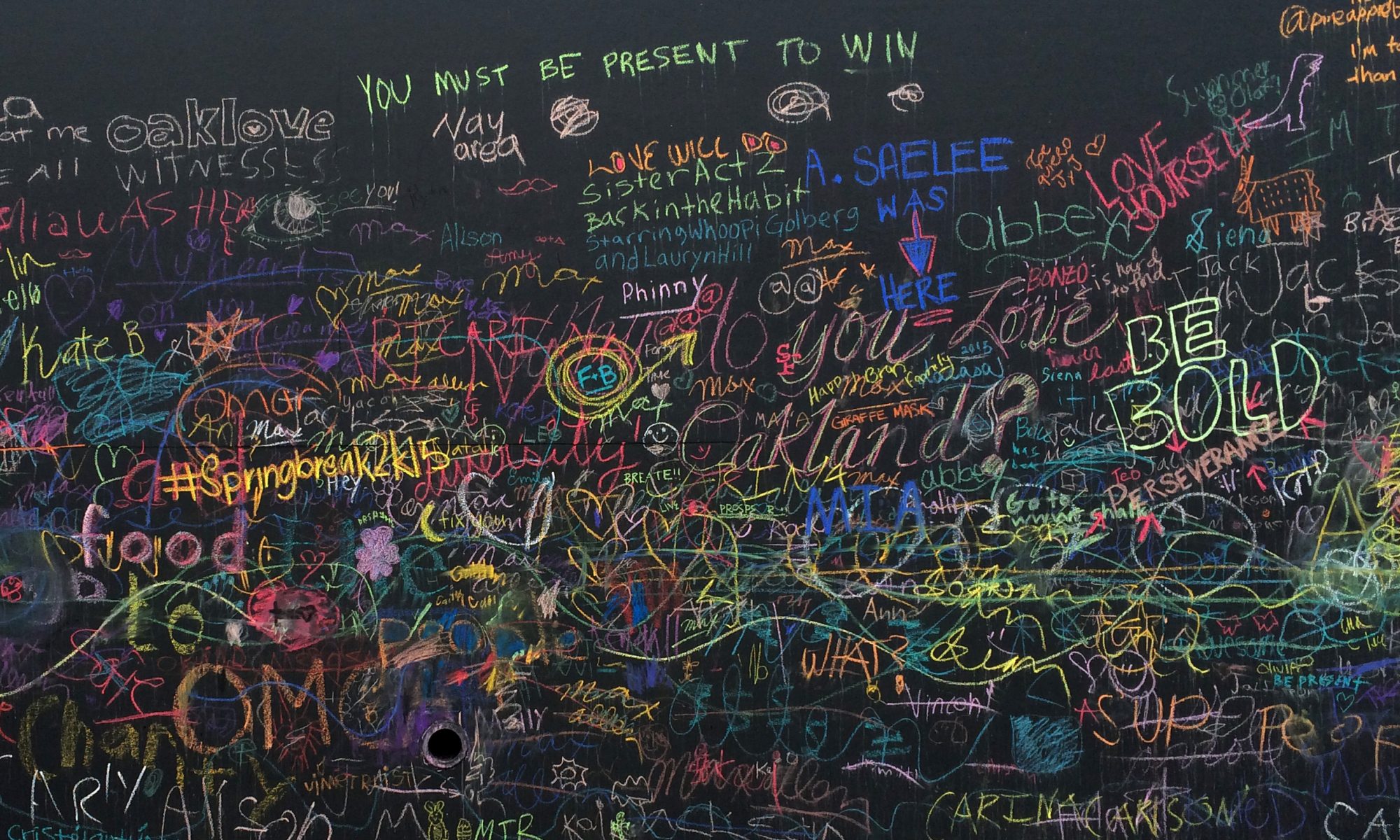When I said in Part I that this wasn’t a story about opening my heart, that wasn’t entirely true. There is one place my heart lacked compassion: the criminal justice system. My last bastion of conservatism was the belief that our system of policing and laws was fair, so if you were caught up in the system you probably did something. (This callousness pains me to this day. It is one of my greatest shames.) Further, that being tough on crime was a good thing, though I did believe it should be backstopped by liberal higher courts.
By this time I’m living in Chicago, it’s almost Y2K, and the Innocence Project is about to shake everything up. I evolved with Governor Ryan in real time, going from skepticism to shock. The exonerations started rolling in. The evidence of bad convictions was incontrovertible. If these cases, with the most at stake, could be so egregiously flawed, what did that mean for the rest? Twenty years on, I’m still unpacking just how messed up our policing, laws, courts, and for-profit prisons are. How, at every single step, injustice is baked in and bias is enforced. Every year I learn a little more — a lot more this year — and it seems as though there is no bottom to this horrible well.
So I’d come to believe that the world’s many injustices require intervention, but I’d yet to fully see why a strong federal government has to be part of the solution.
And as expanding civil rights grew ever more important to me, I start noticing how often states hold back progress. From segregation to voting rights and abortion access, states’ rights have been wielded as a cudgel to block people from their constitutional rights and freedoms. Rather than state power being a mechanism for greater freedom, as the conservative position holds, when it comes to human rights the reverse is more often true. Left to the states, mixed marriages would likely still be outlawed in some states.
When I say “states”, that hides the truth behind an abstraction. To be clear, states are made up of citizens and, too often, it’s people holding back other people. Freedom for me but not for thee! Sometimes, the federal government is the only mechanism for meaningful change.
In the end, I had to make a choice between states’ rights and civil rights. Framed this way, the choice was obvious: I had to choose civil rights. This fully cemented me on the left.
Note that my basic beliefs didn’t really have to change, I just had to focus on impact instead of intent. I still think a limited federal government makes sense, on paper! It’s a good theory. And yet, nearly all our leaps forward have been federal. Ending slavery. The New Deal. The Civil Rights Act. DOMA. ACA. Can’t argue with the results.
And what happened to my faith that business and the free market are the answer? Well, that’s easy: I started working in Corporate America. I learned that while business can be a force for good — there are of course good ones and I seek them out as a consultant and a consumer — corporations can also be corrupt, money-wasting, incompetent, anti-social, and anti-planet. Worse, bad behavior is encoded and encouraged in our corporate structure and economic models. As long as they benefit from cutting corners to game the numbers, many will.
This understanding all came before the dot com boom and bust, scandals like Enron and Worldcom, the financial crash of 2007. Before business school. Imagine what I think now.

One Reply to “My political journey, part 3: Choosing civil rights over states’ rights”
Comments are closed.